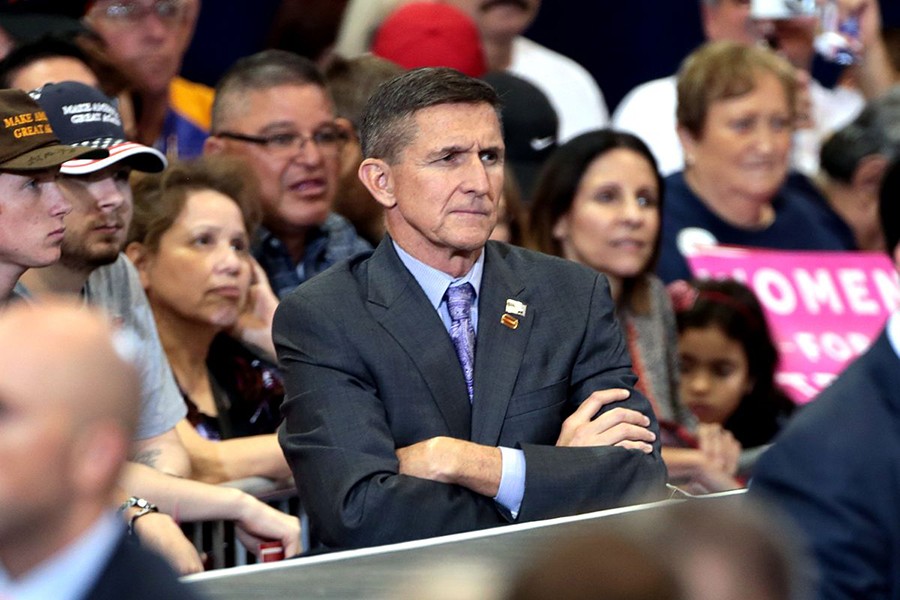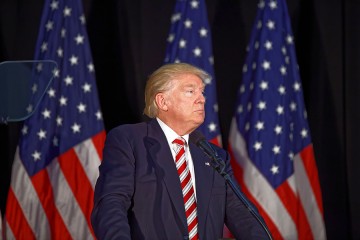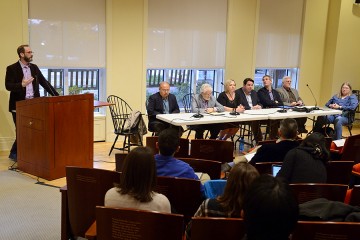President-elect Donald Trump made a handful of appointments late last week, including tapping Lt. Gen. Michael Flynn for national security adviser and Rep. Mike Pompeo for head of the CIA.
Also see
Online journal OZY spoke to John McLaughlin, distinguished practitioner in residence at the Johns Hopkins University School of Advanced International Studies and former acting CIA director, about his thoughts on these two appointments and what their influence could mean for the future of American national security.
On Flynn, McLaughlin said:
Well, Flynn has expressed hard-line views on a range of issues—for example, his talk on Islam is tougher than what we hear from mainline conservatives. And like Trump, he seems to favor a closer relationship with Russia, again at odds with many traditional conservatives. His critics also allege he has conflicts of interest because of work he or his consulting firm has done with countries such as Turkey and Russia.
Leaving aside whether his critics are correct, one thing is clear: The national security adviser's job is absolutely critical to the conduct of a successful national security policy. The role requires great interpersonal skill and tolerance of others' views, along with decisiveness, attention to detail and commitment to follow up. The core of the job is to convene the senior national security team—such as the secretaries of defense, state and treasury, the chairman of the Joint Chiefs and the CIA director—and to ensure he fairly represents their views to the president. Based on that synthesis, the adviser formulates a set of recommendations, spelling out the pros and cons, to help the president make decisions.
General Flynn is entitled to his own views of course, but national security advisers who can't represent the views of others are not effective and seldom last. The most accomplished team I saw in this job was the combination of Gen. Brent Scowcroft as national security adviser and Robert Gates as his deputy in the George H.W. Bush administration from 1988–92. The team was organized, decisive and focused on implementation. And trust me, in foreign policy, 25 percent is planning and 75 percent is implementation—which is the hard part.
On Pompeo, McLaughlin said:
Read more from OZYHe was first in his class at West Point, served as a U.S. Army officer, graduated from Harvard Law School and has served on the House Intelligence Committee, which is exposed to all aspects of the intelligence world. He has a reputation among colleagues for working hard to really understand the issues—all good signs.
Pompeo is a conservative Republican who has strongly criticized the Obama administration on issues such as Benghazi and the Iran nuclear deal. Whether or not his views are correct, at CIA he will have to weigh all sides of the arguments and get as close to a factually based and objective assessment as is humanly possible. Most people coming to the job discover that's harder than it looks from the outside.
The key is to realize that, unlike Congress or the president, the CIA is not there to make policy; it is there to inform policy and provide the factual basis for policy decisions by others. This is often a tough transition for newcomers used to policy positions.
Posted in Voices+Opinion, Politics+Society
Tagged john mclaughlin, national security, donald trump











